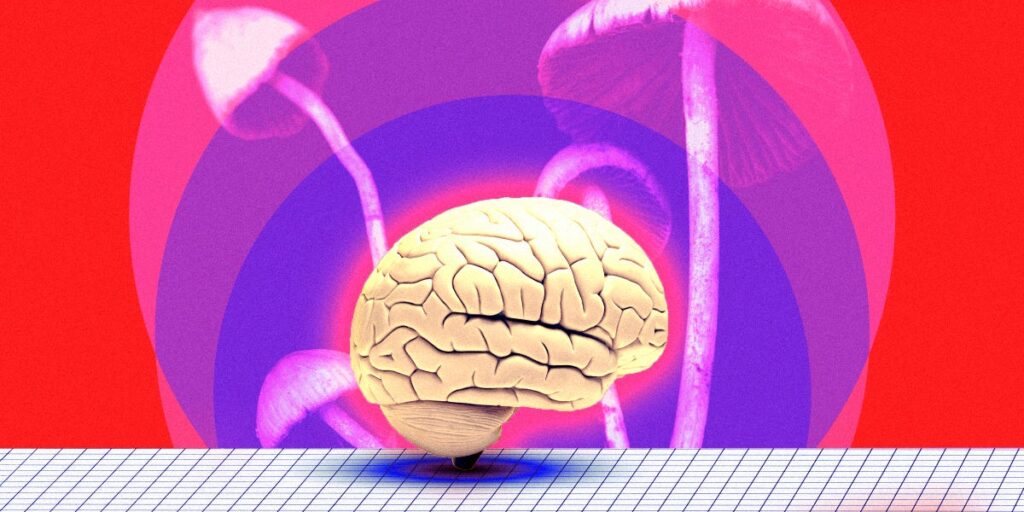Psychedelics are like the cool kids at a party—everyone’s curious about them, but they come with a lot of rules! These mind-bending substances have been tickling researchers’ brains since the 1940s, and recent studies say they might help with PTSD, depression, and addiction. They work by boosting neuroplasticity and releasing mood-boosting chemicals, which sounds like a science fiction smoothie.
Despite some good vibes, the legal scene for psychedelics is about as friendly as a cactus hug. They’re federally illegal, though Oregon and Colorado are loosening up a bit, like that one uncle who finally learned how to dance. Microdosing is still a mixed bag, leaving many wondering if they just paid for expensive placebo pixie dust.
Then there’s ketamine, the psychedelic’s quirky cousin. It’s not a traditional psychedelic but likes to hang out with them on weekends. Doctors have been using it off-label for depression and pain, although it’s not FDA-approved for these purposes. In 2019, the FDA did give a thumbs up to esketamine, a nasal spray for those with treatment-resistant depression—finally, something you can literally sniff at!
Ketamine might help reduce suicidal thoughts, but it’s a double-edged sword with potential heart, respiratory issues, and an addiction risk, so it’s best to keep it under a doctor’s watchful eye. The quest to unlock psychedelics’ full potential for mental health is like waiting for a sloth to finish a marathon—promising, but it’s going to take time. So, while the world waits on the edge of its seat, the psychedelic scene remains a colorful, intriguing, and occasionally illegal mystery.
Reference: https://www.menshealth.com/health/a62941396/psychedelics-mental-health-research/
Published Date: 2024-11-21

